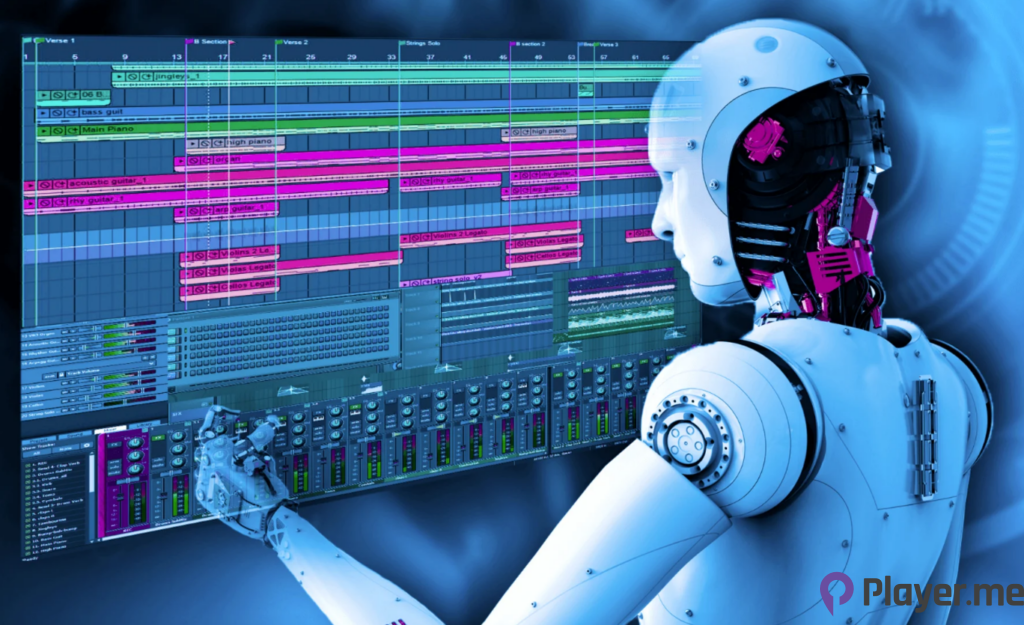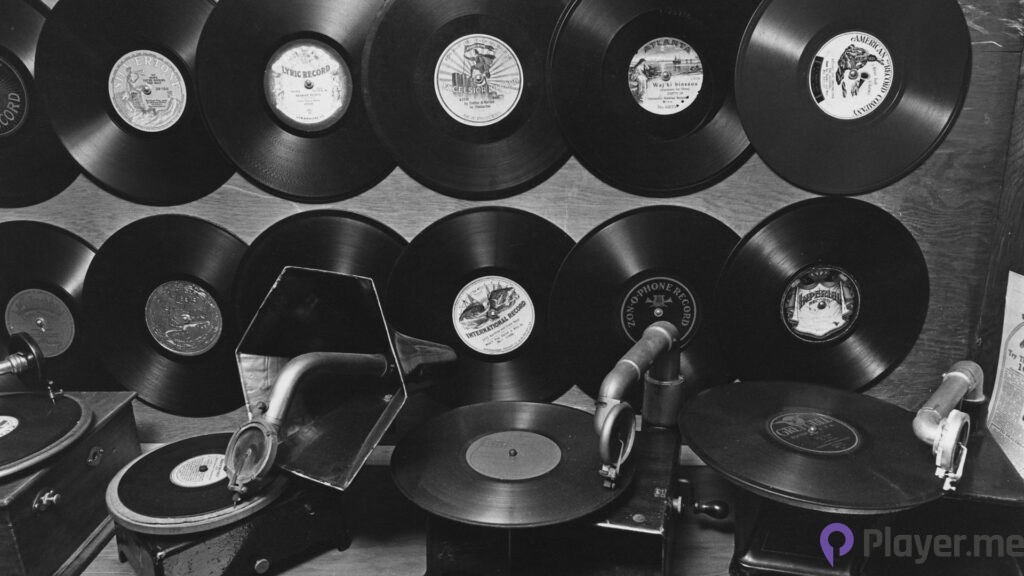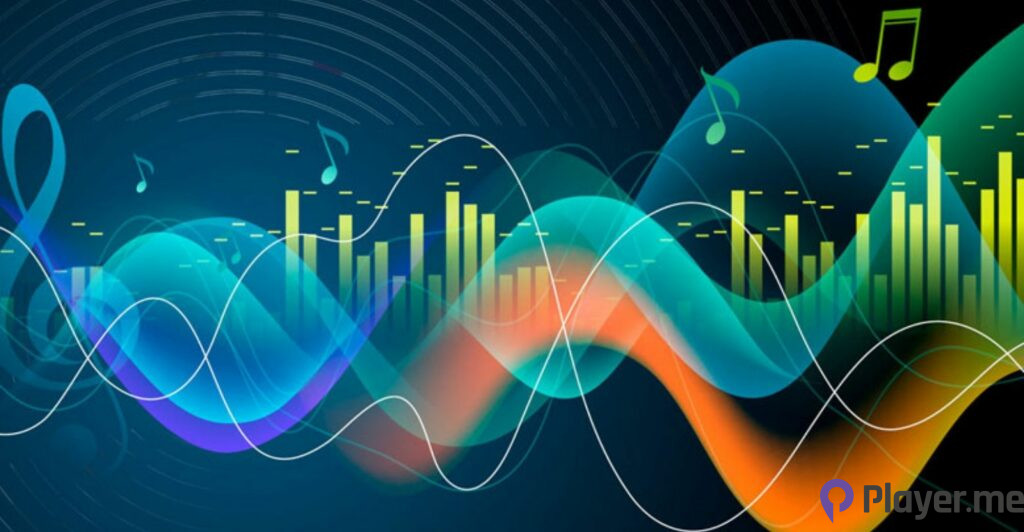YouTube had reportedly been planning to introduce an AI feature that allows users to generate songs using the voices of renowned musicians. However, as per a Bloomberg report, the platform has yet to secure the necessary rights for this venture. Originally, YouTube had intended to launch this tool last month, in addition to a suite of new AI-powered features aimed at expanding creative expression boundaries. Among these features, one enables content creators to seamlessly incorporate AI-generated videos or images into their backgrounds.
The AI-powered music function has the potential to empower YouTube users to either recreate any song using the voice of their favourite musician or to craft entirely new music that emulates a particular singer’s style.
Nonetheless, the launch of this AI-powered feature has faced delays due to ongoing negotiations with record companies, as reported by unnamed sources cited in Bloomberg. Acquiring the necessary rights to use the voices of singers in training their AI models presents considerable legal hurdles, including ownership rights and revenue distribution agreements.
Also Read: Is AI About to Transform the Legal Profession: 5 Intriguing Talking Points
What Is YouTube’s Stance on the AI-Powered Music App?
When approached for comment, YouTube, which is owned by Alphabet, declined to provide a statement to Bloomberg and did not respond promptly to a request for comment from Insider. Overcoming these challenges could potentially establish a framework that defines the interaction between AI and the music industry, setting the stage for future developments in this evolving relationship.
Alexander Ross, a legal expert specialising in music and copyright matters, has previously asserted to Insider that creators of AI-powered music covers may potentially be in violation of existing legal regulations.
“If you’re creating a recording with the intention of misleading people into thinking it’s the real thing — that it is Rihanna, for example, then that’s called a passing-off claim, you’re passing-off that as the original”, he said. Prominent artists themselves have entered this conversation, expressing their views, especially in light of the widespread circulation of AI-powered cover versions featuring their voices across the internet.

For more AI related news, check out player.me/category/ai/.
Musicians Not So Favourable Response on AI-Powered Music
An AI-powered song titled “Heart on My Sleeve” gained widespread attention earlier this year due to its remarkable ability to precisely replicate the vocal styles of renowned artists such as Drake and The Weeknd.
Just a week before this incident, Drake had expressed his disapproval of AI, referring to it as “The final straw”. As a result, the track was removed from streaming platforms like Spotify. However, indicating the growing presence of this technology, CEO Daniel Ek recently declared that AI-powered music will not be prohibited on his platform.
Simultaneously, three major music publishers initiated a lawsuit on a Wednesday against the AI platform Anthropic for employing copyrighted lyrics to train its software. While concerns persist about resolving copyright matters, some creators have opted to adopt AI-powered music production techniques rather than opposing them.
Related: 4 Great Additions in Truecaller: Explore the Latest Updates and Enhancements
AI and Its Potential Impact on the Music Industry
Grimes, the electronic musician and former partner of Elon Musk, has undertaken the creation of an entire album utilising AI. She has also offered to share royalties with individuals who obtain approval to release a song using an AI imitation of her voice. To facilitate this, she established an open-source platform called Elf.Tech, designed to generate AI-powered vocals that closely resemble her own voice.
When Bob Dylan said, “Creativity has much to do with experience, observation and imagination, and if any one of those key elements is missing, it doesn’t work”, he was likely talking about human musicians.
Currently, a rising number of programmers are developing advanced songwriting tools that harness Artificial Intelligence (AI) to aid aspiring composers. Some of these computer programs can generate complete pieces of music from the ground up. However, it’s important to note that the results, while impressive in their own right, may not possess the same captivating quality as iconic songs like Dylan’s “Tangled Up in Blue” or “Hurricane”.

Closing Words
OpenAI, Sony, and various other companies have indeed released full-length songs composed entirely by AI. However, according to Gus Xia, a computer scientist specialising in AI and music at New York University Shanghai, this may not represent the most optimal utilisation of the technology.
“The goal is not to compose a piece fully from AI, from scratch and then — boom — you have a masterpiece, even though some day we could achieve that”, Xia says. Gus Xia believes that while it might be technically feasible to produce convincing music entirely through AI in the coming years, the resulting music may not be particularly exciting or enjoyable to listen to.
Related: The Future of Computing: AI and Quantum Computing — 3 Amazing Talking Points
Laidlow shares this perspective, emphasising that machines lack the cultural context necessary to tell stories that resonate emotionally with listeners. He mentions that people appreciate understanding the motivations behind a piece of music and what it’s responding to. With AI, he believes that addressing this aspect will prove to be a challenging problem.

In essence, as Laidlow puts it, even if AI were capable of producing a remarkable piece of music, the question remains: “What would it value? Why would it choose to create music about one topic or theme over another?”.
Frequently Asked Questions
Can You Use AI to Create Music?
Artificial intelligence technology has undeniably brought about significant disruptions in the music industry, altering the way musicians both create and consume music. AI music tools are aiding artists in the creation of foundational melodies, the composition of new songs, and even the generation of fully composed AI-produced tracks that are suitable for distribution on platforms such as Spotify and Apple Music.
Will AI Replace Musicians?
In summary, artificial intelligence is unlikely to entirely replace musicians. While it may alter the way we approach the creative process and reshape our workflows, AI currently cannot serve as a complete substitute for human creativity.
How to Use AI to Produce Music?
AI indeed generates algorithms and new music by processing extensive musical data and understanding the patterns inherent in musical composition. As the technology accumulates a sufficient amount of information, these tools can discern the distinctive characteristics of music and subsequently create something fresh and original by drawing upon the knowledge and data it has acquired.





